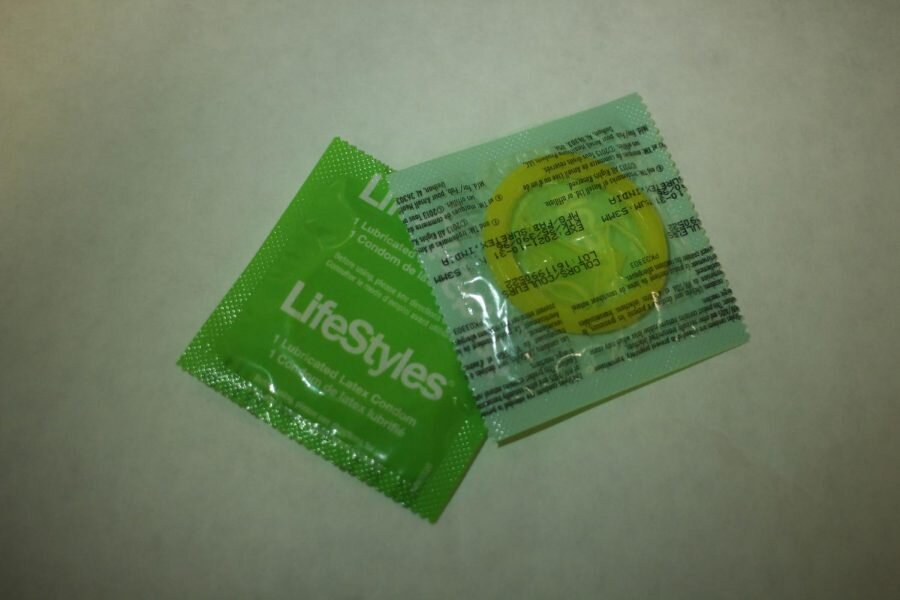STI rates are rising annually, take advantage of the THC and get tested
Tess Petrillo and Ellie Rice, Staff Reporters
Originally published April 4, 2019
Skye McDonald
Since 2015, sexually transmitted infection (STI) outbreaks have grown more and more common across America, specifically among people ages 15-24. Recently, the Center for Disease Control and Prevention (CDC) reported that almost 20 million new STIs occur annually in America.
While over half of these cases were reported by younger people, a survey confirmed that in the last year only 12 percent were tested. This means that less than a fifth of students were getting tested, even though there was a likely chance that they could have an STI.
Many STIs are spread after being exposed to infected bodily fluids such as blood, semen and vaginal fluid. They can be transmitted through vaginal, anal or oral sex. Common STIs include chlamydia and gonorrhea. Both infections are easily treatable if discovered early enough, it is important to get tesed frequently so that these infection are caught early on.
The Teen Health Center (THC) provides free and confidential STI services for students. Nurse Practitioner, Karen Boudour supplies all types of birth control, STI screenings and emergency contraception. While not enough students are being screened, the THC sees a large number of students yearly.
“We do STD testing almost every single day, multiple times a day,” Boudour said.
Not only does the lack of testing imply that the majority of teens could have an STI, but a recent study also showed that younger women are more susceptible to chlamydia because of increased cervical ectopy. Cervical ectopy refers to the columnar cells that occur along the cervical surface. These cells are commonly found in younger women and unfortunately are more susceptible to infection.
Many people who are vaccine hesitant also have not received the Human Papillomavirus (HPV) vaccine. According to Planned Parenthood, HPV is the most common STI. HPV can be harmless and go away on its own, but it can also lead genital warts and cancer. Cervical cancer is most commonly linked to HPV, but HPV can also cause cancer in your vulva, vagina, penis, anus, mouth and throat.
“[The HPV] shot has been really successful at reducing cancer rates,” Boudour said.
The high stigma around sexual health creates a barrier that prevents people from pursuing STI prevention services. While the services are becoming more accessible, they are only valuable if people use them.
Many people who contract chlamydia use other forms of birth control such as the pill, but neglect condoms. This happened to an anonymous student and her partner recently.
“I felt self conscious in a way that I’ve never felt before,” She said. “I didn’t know what I was doing was wrong.” Her and her partner received antibiotics from a healthcare provider.
“I think perhaps because we have such good contraception now with IUDs and Nexplanon that people feel so confident that they’re not going to get pregnant so they use condoms less,” Boudour said. “Use a condom every time with every partner.”
That being said, contraceptive services are more present than it seems. Services like the THC and Planned Parenthood are safe and financially accessible ways to receive sexual health care.
In order to utilize resources such as the THC, make sure to schedule an appointment to get tested. Not only can the appointments are scheduled at the front desk of the THC, the appointment can be scheduled for anytime that you are available and are free of cost.
Centers for Disease Control and Prevention
Youth Risk Behavior Surveillance
2016 STD Surveillance Report

























